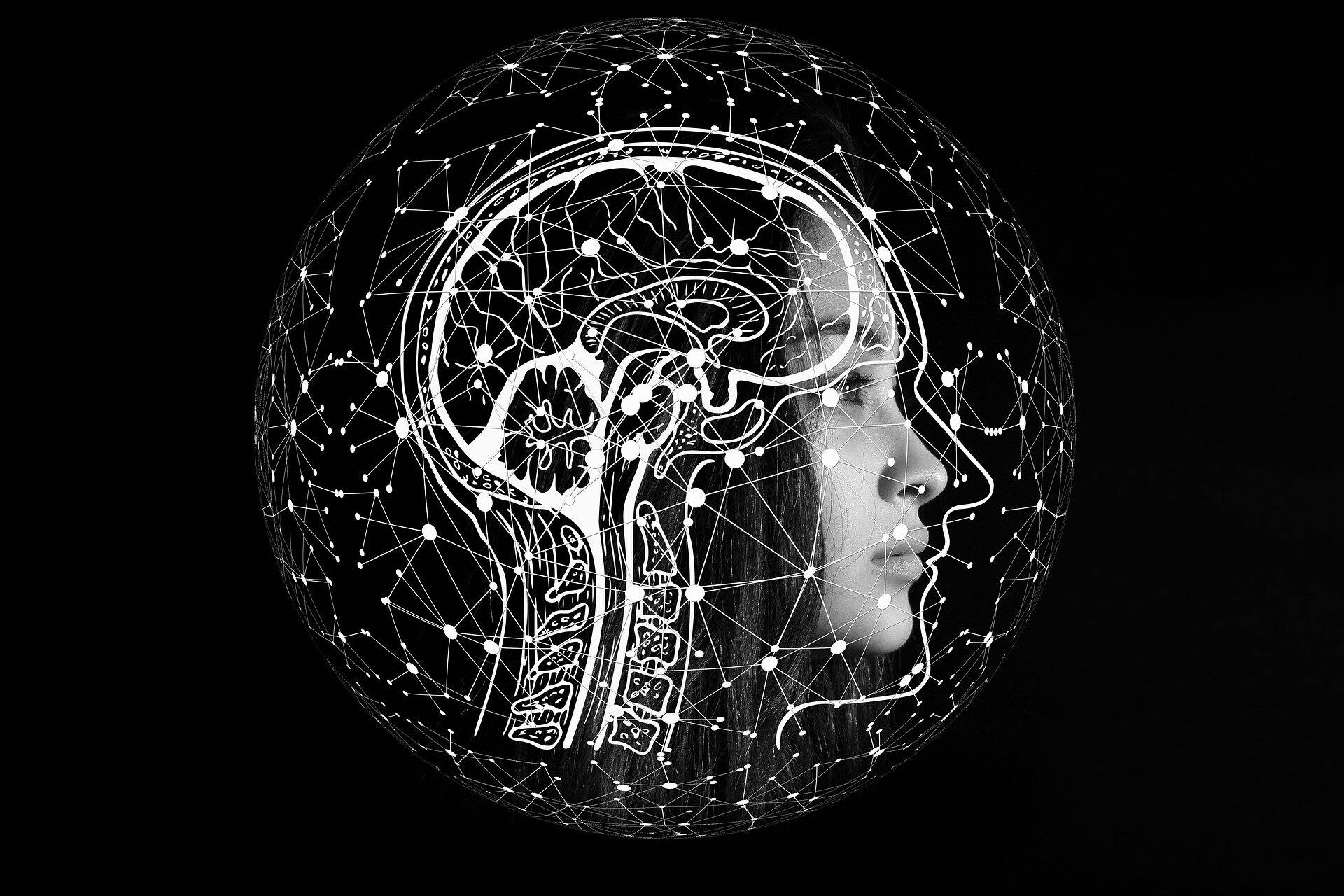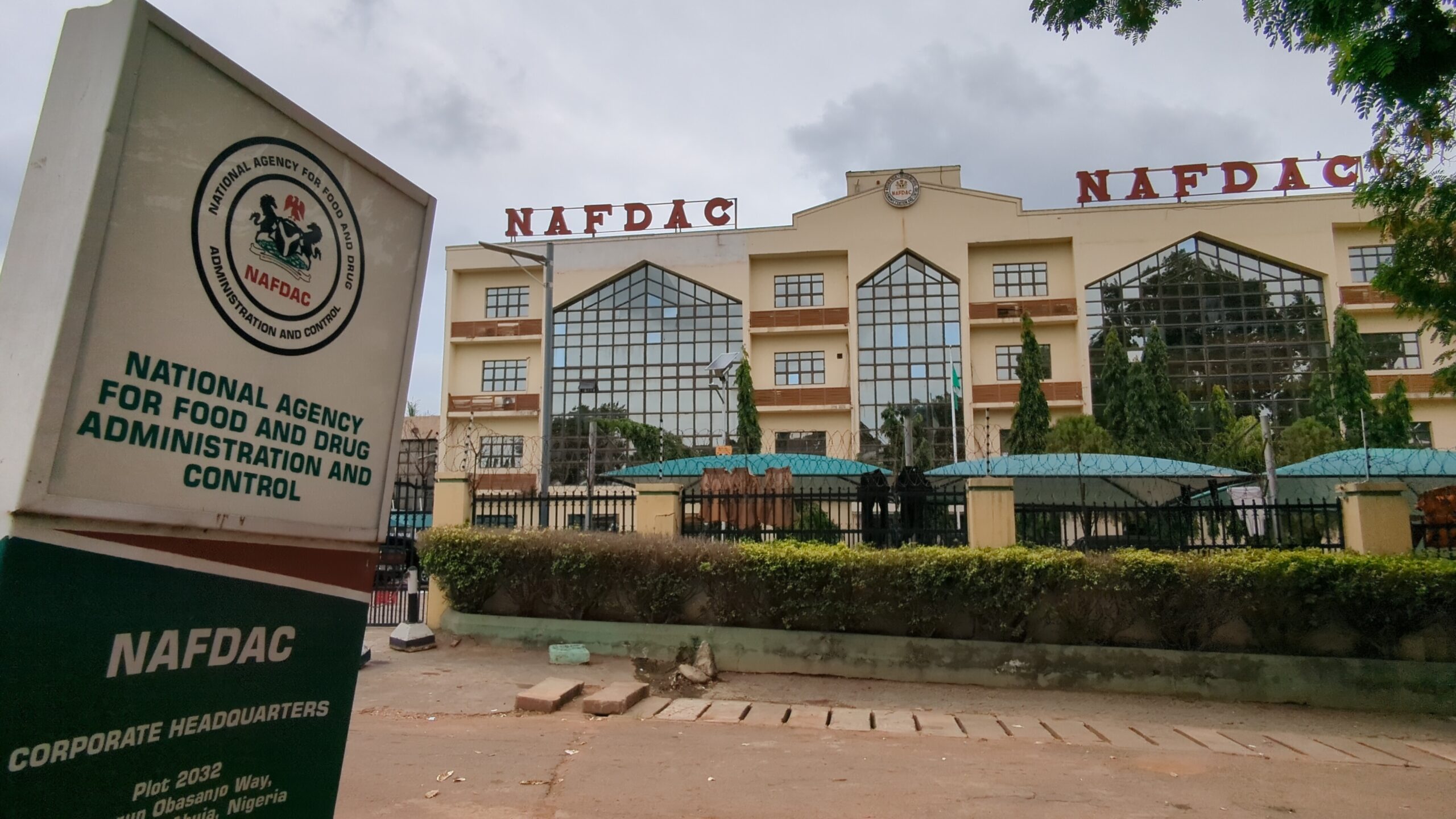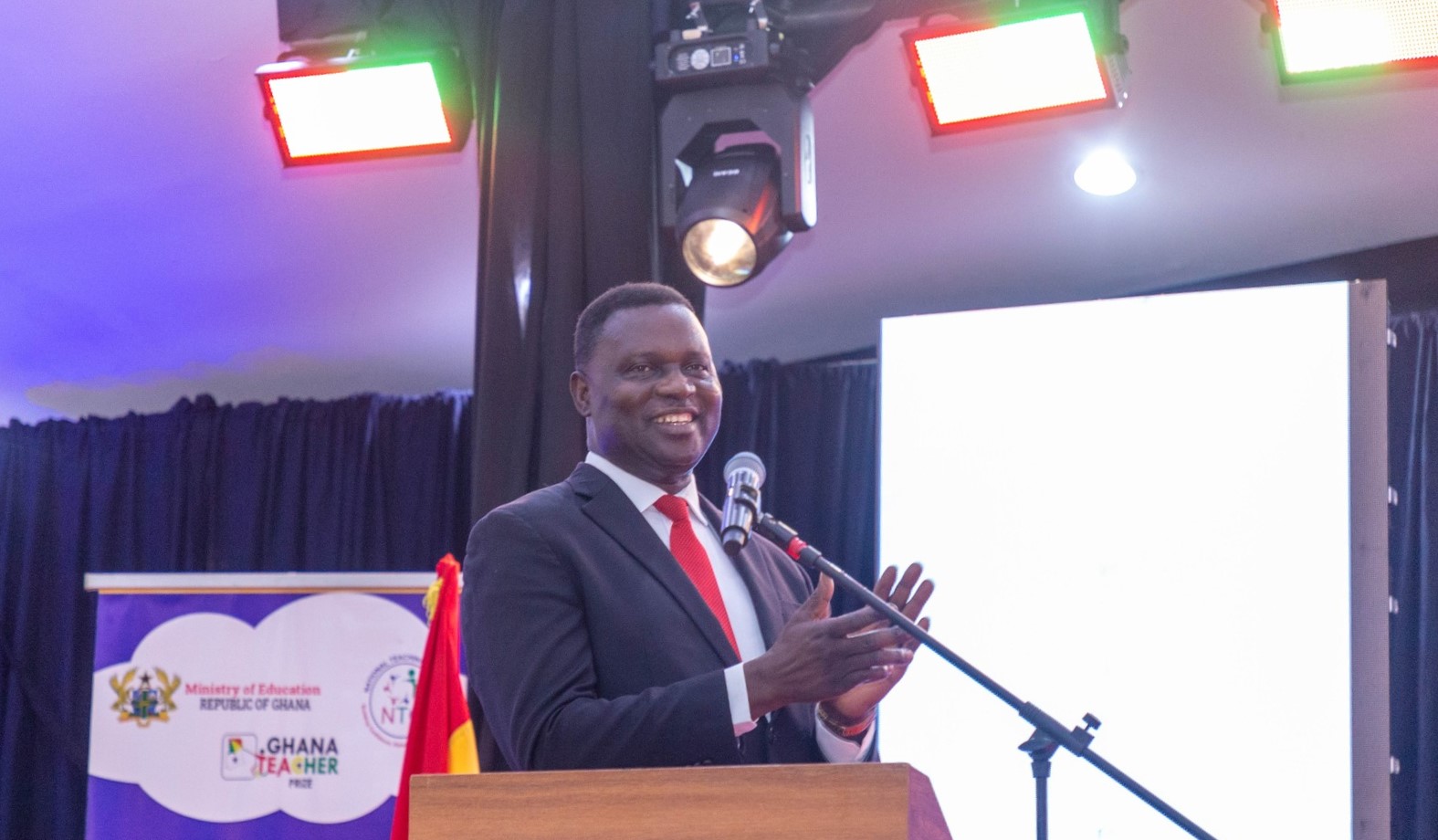- Hurricane Milton heads for Florida: Predicted path and what to expect
- Houthi Red Sea attacks still torment global trade, a year after October 7
- Bad call from Wall Street analysts on DuPont stock may be good news for investors
- Crypto relationship scams pose 'catastrophic harm,' SEC official says. Here's how to avoid them
- Trump's Mar-a-Lago, golf resorts are outside Milton's path. But Truth Social's offices are at risk
What do you believe is the single most important factor driving up the cost of living in Nigeria?

For UN Agenda: Data gaps detected in 193 countries
To make informed decisions, governments and international organizations need data. The United Nations has been analyzing the global availability of such data together with ETH Zurich. This has brought to light some surprising insights.
Without data, it is not possible to make effective political decisions such as promoting a particular energy source, combating poverty in rural regions, or limiting the spread of a particular disease. Or to put it in the words of Christoph Gössmann, "Without data we are flying blind. Unfortunately, this is currently too often the case."
Gössmann is a doctoral student in the Law, Economics and Data Science Group under ETH Professor Elliott Ash. Together with staff from the Office of the Secretary-General of the United Nations (UN), he has been investigating how the availability of data from all 193 Member States can best be evaluated and presented—data that can be used to measure how the UN's 2030 Agenda is progressing.
The 2030 Agenda leads the way to a sustainable world in harmony with nature and in prosperity, peace and partnership. The centerpiece of the Agenda comprises the 17 Sustainable Development Goals (SDGs), which make progress—or regress—measurable. But data are needed for this.
Gössmann has developed the SDG Monitor together with UN staff. "With our analysis app, we provide decision-makers in governments and international organizations with the foundation they require for evidence-based decision-making," says Gössmann.

- October 8, 2024
AI challenge seeks questions to test human-level intelligence



- October 8, 2024
Influential resource on international cyber law updated for 2024

- October 6, 2024
Fuseina Fuseini is 2024 national best teacher


- October 8, 2024
Nanoscale method boosts materials for advanced memory storage

- October 8, 2024
NAFDAC workers embark on indefinite strike over welfare issues

- October 8, 2024
The extraordinary life of Alfred Nobel
Subscribe to our mailing list to get the new updates!

Subscribe our newsletter to stay updated
Thank you for subscribing!





